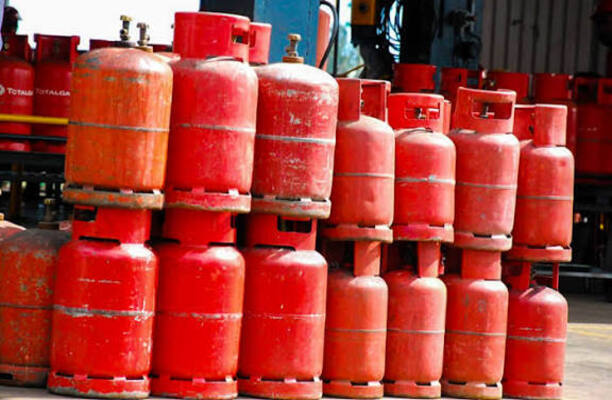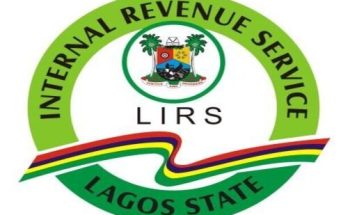By Ejiofor Toochi
Edited by Ezennia Uche
Nigeria is facing another surge in cooking gas prices, a development linked to last month’s strike by the Petroleum and Natural Gas Senior Staff Association of Nigeria (PENGASSAN). The nationwide action disrupted supply from key depots, including the Dangote Petroleum Refinery, which pushed prices higher and affected many households.
How It Started
The crisis began in late September when PENGASSAN launched an indefinite strike over the dismissal of more than 800 workers at the Dangote Refinery. The union accused the company of violating workers’ rights by sacking employees who had joined the association.
As part of the protest, the union ordered its members to halt crude oil and gas supplies to the refinery, as well as to major loading depots across the country. The shutdown affected operations at facilities that distribute Liquefied Petroleum Gas (LPG), commonly known as cooking gas, disrupting supply chains.
Within days, marketers reported difficulty accessing products, while depot prices began to rise sharply. The scarcity quickly spread from Lagos to other parts of the country.
What Happened Next
Though PENGASSAN suspended the strike after talks with the government and refinery management, the disruption in supply has continued to affect market prices. Many marketers say they are still waiting for the backlog of loading invoices and delayed supply orders to be cleared.
By early October, the impact on consumers became more evident. A 12.5kg cylinder of cooking gas, which sold for about ₦12,000, has jumped to between ₦18,000 and ₦25,000 across the country. In some retail outlets, a kilogram now sells for as high as ₦2,800 and ₦3,200, nearly double the rate before the strike. In Surulere, residents report paying as high as ₦3,500 per kilogram for cooking gas.
Some households have turned to fuel stations to buy at slightly cheaper rates, but are often swamped with long queues as many are trying to save costs. The surge in the price of cooking gas will not only strain households but also affect food vendors and small businesses that rely on gas for daily operations, a situation that may eventually force them to increase prices.
Where Things Stand
Speaking to Vanguard, Executive Secretary of the Nigerian Association of Liquefied Petroleum Gas Marketers (NALPGAM), Mr Bassey Essien, said that the current cooking gas surge is due to demand outpacing supply, but expects prices to stabilise soon following the resolution of recent disruptions.
Public Reaction
Online, frustration is boiling over. One user on X, @Tukooldegreat, wrote, “This country keeps stressing me and my family in very useless ways. Having access to basic thing like cooking gas should not be this chaotic. God!! I’m just tired.”
Another user, @Ariathedoll, added, “There are things being scarce in this country that have not been scarce before. Wym cooking gas scarcity????”
“Cooking gas has now hit N3,200/kg? Nigeria may be great someday but they want only few people to be alive to witness it.”@maxvayshia lamented.








